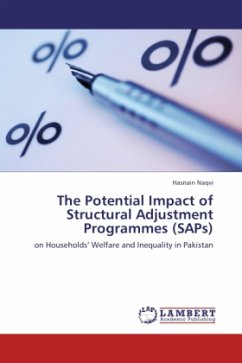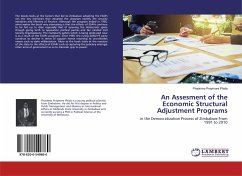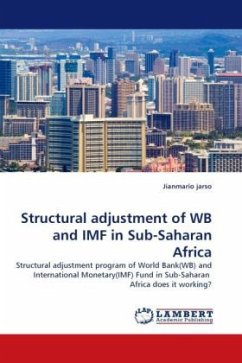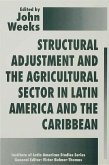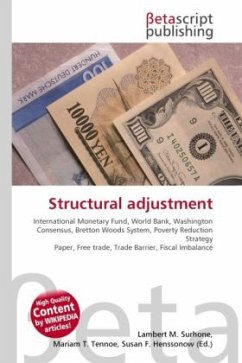This book analyzes the effects of abolition of import tariffs and the implementation of fiscal strictness on the overall economic performance, sectoral performance and, household welfare and inequality in Pakistan. These are two major recommendations made by the IMF under the SAP - Structural Adjustment Program - to Pakistan. To address the analytical aspects of the study, a computable general equilibrium (CGE) model was formulated, incorporating country-specific features designed to capture special economic conditions and institutional characteristics of Pakistan s economy. The study focuses on the impact of internal and external macroeconomic shocks and of the policies on the economy; especially the welfare of households. Policy changes considered in the study include changes in the tax rates, government expenditures, and abolition of import tariffs.

